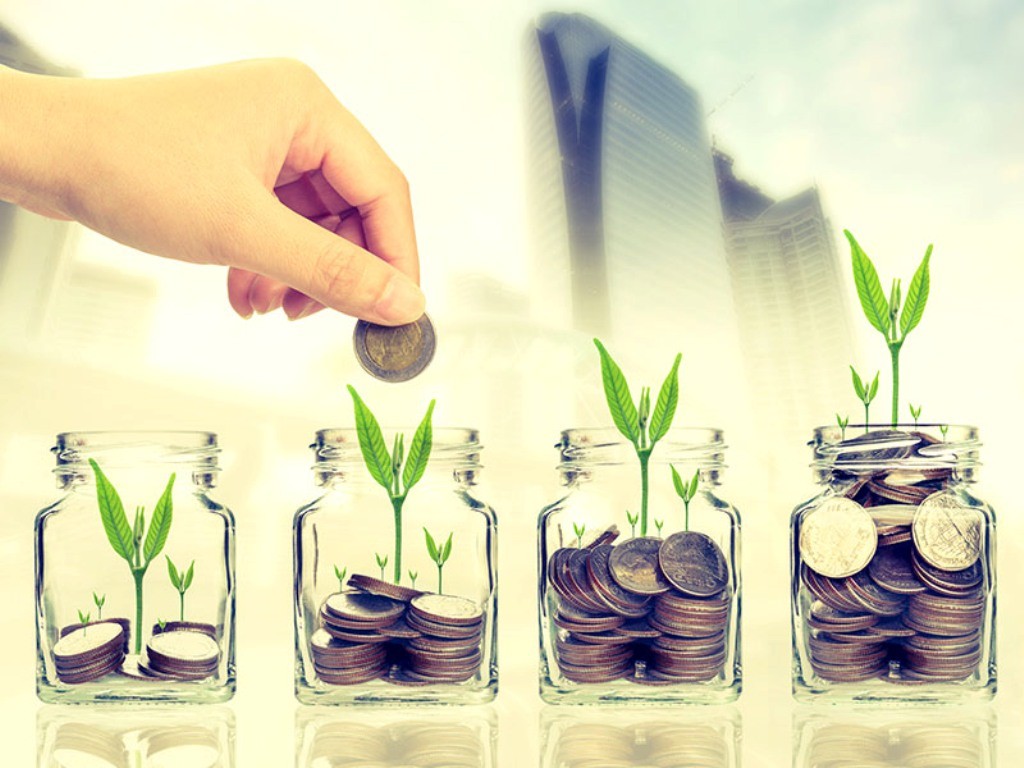Singapore: The catastrophic impact of climate change on people and the economy has prompted Asia-Pacific Economic Cooperation (APEC) members to make the transition to the low-carbon economy. However, this shift needs to promote equity and inclusivity, according to a policy brief recently published by APEC Policy Support Unit.
"There is no denying the impact of climate change to our economy and society. For example, without climate change action, the APEC region could absorb losses of up to 18.3 percent of GDP by 2050," said Rhea C. Hernando, a senior researcher with the APEC Policy Support Unit, in a media release on Friday.
"There are also significant health consequences—rising temperatures could worsen respiratory illnesses while frequent rainfall could give rise to outbreaks of malaria and dengue fever," Hernando added.
It is estimated that by 2030, the direct costs of climate change to health could reach around USD 2 to 4 billion per year.
The APEC region represented about 60 percent of global greenhouse gas (GHG) emissions in 2019.
"To combat climate change, reducing GHG emissions is crucial and decarbonization is necessary," Hernando added.
"Take fossil fuels, for example. They contribute significantly to climate change, accounting for more than 75 percent of GHG," Hernando added.
The policy brief, Transitioning to a Sustainable Economy while Ensuring Inclusion, warns that the climate crisis will disproportionately impact vulnerable groups like women, the poor, workers, people with disabilities and Indigenous Peoples across the region.
It is important to understand that pursuing the low-carbon economy should not be at the expense of equity.
"The transition to low carbon should ensure their inclusion, particularly their capacity to access decent work opportunities," Hernando said.
"One way of ensuring inclusion while doing this is by adopting the just-transition framework," Hernando added.
The policy brief details seven policy options to be taken by member economies in implementing this transition: (1) actively encouraging decarbonization; (2) avoiding new sources of carbon lock-in; (3) generating opportunities to preserve economic stability; (4) providing assistance to workers and communities affected by the shift; (5) addressing environmental damage; (6) implementing support measures to mitigate economic and social inequities; and (7) ensuring an inclusive and transparent planning process based on social dialogue.
Cek Berita dan Artikel yang lain di Google News
FOLLOW US
Ikuti media sosial medcom.id dan dapatkan berbagai keuntungan



















